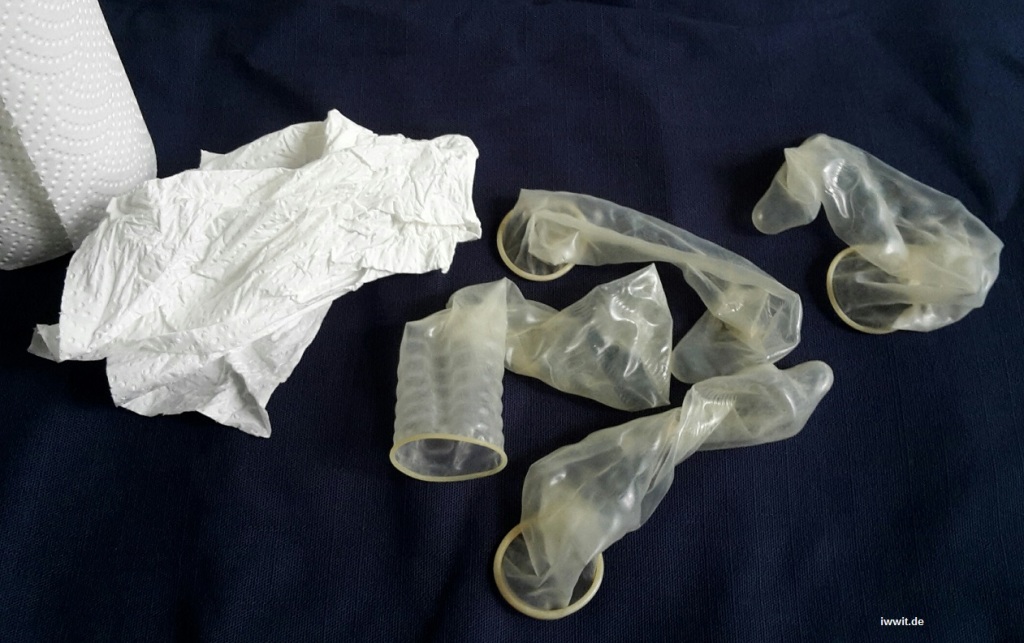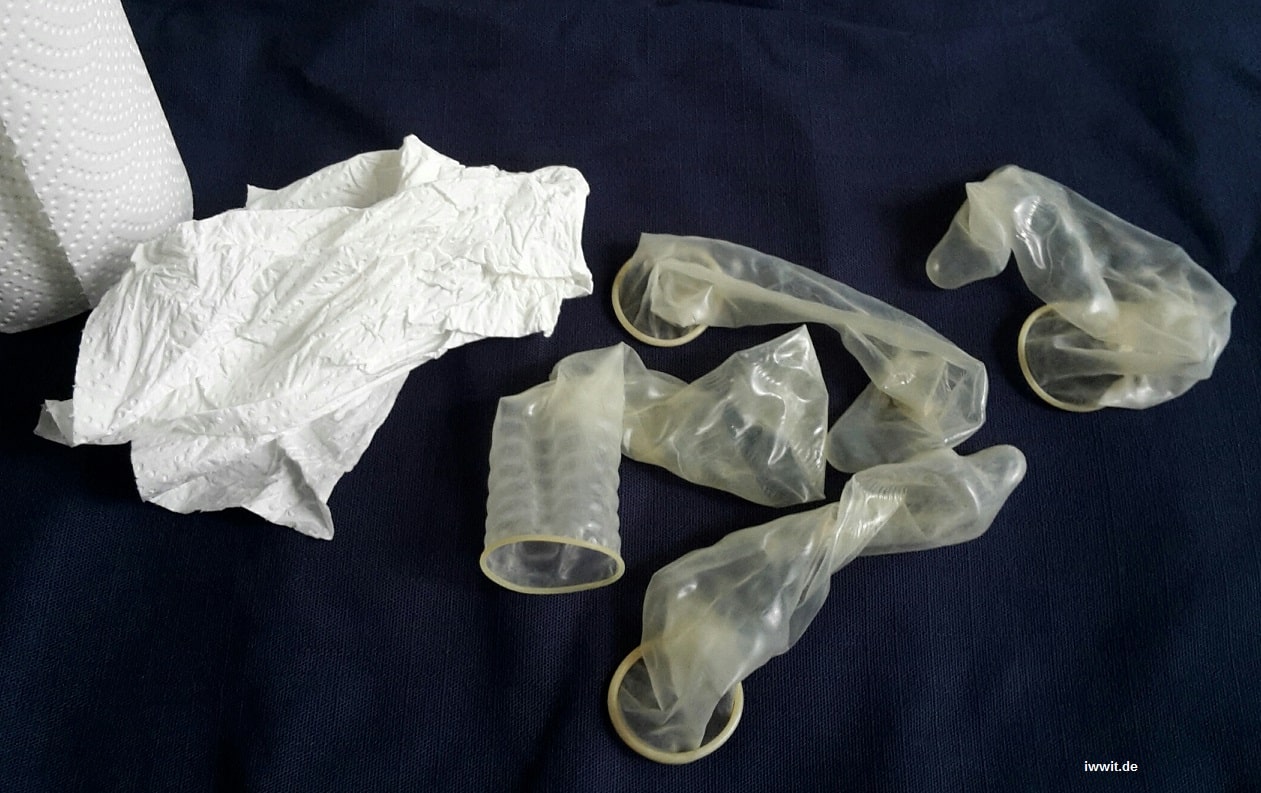A few days ago, three men told us what the condom means to them. After all, there are now more ways to protect yourself against HIV, such as protection through therapy, PEP and PrEP. You can read about their attitude to rubber. Here are three more statements.
31-year-old Manuel experiences many of his sex partners as "condom-tired" - and also himself. The Berliner obtains HIV medication and advises other HIV-negative people on how to obtain it. Manuel is also a public advocate for PrEP.
"In my experience, condoms have become the exception. I noticed myself becoming more and more tempted. I realised I had to change something before it was too late. Now I take tablets that protect me from HIV. Opponents of this type of safer sex claim that PrEP opens the door to other sexually transmitted diseases. The opposite is true! We have to stop fooling ourselves and others: Those who still consistently use condoms are in the minority. The waves of syphilis and chlamydia have long been rolling over our cities. One of the reasons for this is that many of those affected don't know about their infection for months. Those who take PrEP, on the other hand, are regularly examined by a doctor for sexually transmitted diseases. In countries that already offer PrEP, swabs and blood tests are mandatory. PrEP could therefore also ensure that promiscuous people no longer spread infections."
Marc from Coesfeld, 40, always uses a condom when fucking and not just for health reasons to:
"The condom is and remains a constant companion for me. The main reason is not even the worry of contracting HIV. I know that I am out of danger with many of my regular sexual partners and even more so with my long-term partner. Instead, I use condoms to protect myself against diseases that are relatively easy to transmit compared to HIV. Of course, I could apply an ointment to my hard-on against genital warts. But I don't want to get something disgusting like that in the first place. Not to mention chlamydia or syphilis. I also have a real obsession with hygiene. And that also carries over to sex. I'm only active and wouldn't be able to cope well if a mishap happened during anal sex. I experienced this once, went into the bathroom to shower and still couldn't get it up afterwards. The condom saves me from embarrassing situations and prevents my partner from getting the impression that I'm disgusted by him."
Benjamin Scholz looks at the topic of condoms as a youth worker. The 35-year-old provides counselling at schools and with his project www.jungsfragen.de pubescent boys.
"13 to 17-year-olds discuss safer sex at completely different levels. I'm happy if two or three boys in a school class really know what rubbers are good for. Most of the comments on the subject range from half-knowledge of the type 'condoms protect against AIDS and childbearing' to complete ignorance. Old clichés are still widespread among young people, for example that only gays can get HIV anyway. They don't need to use rubbers themselves because the woman takes the pill. However, interest in condoms is just as great as ever! As soon as I unpack the condoms in class, the young people are there with all their senses. From my point of view, that's a good thing. After all, simple, easy-to-understand protection options are part of sex education for this age group."











